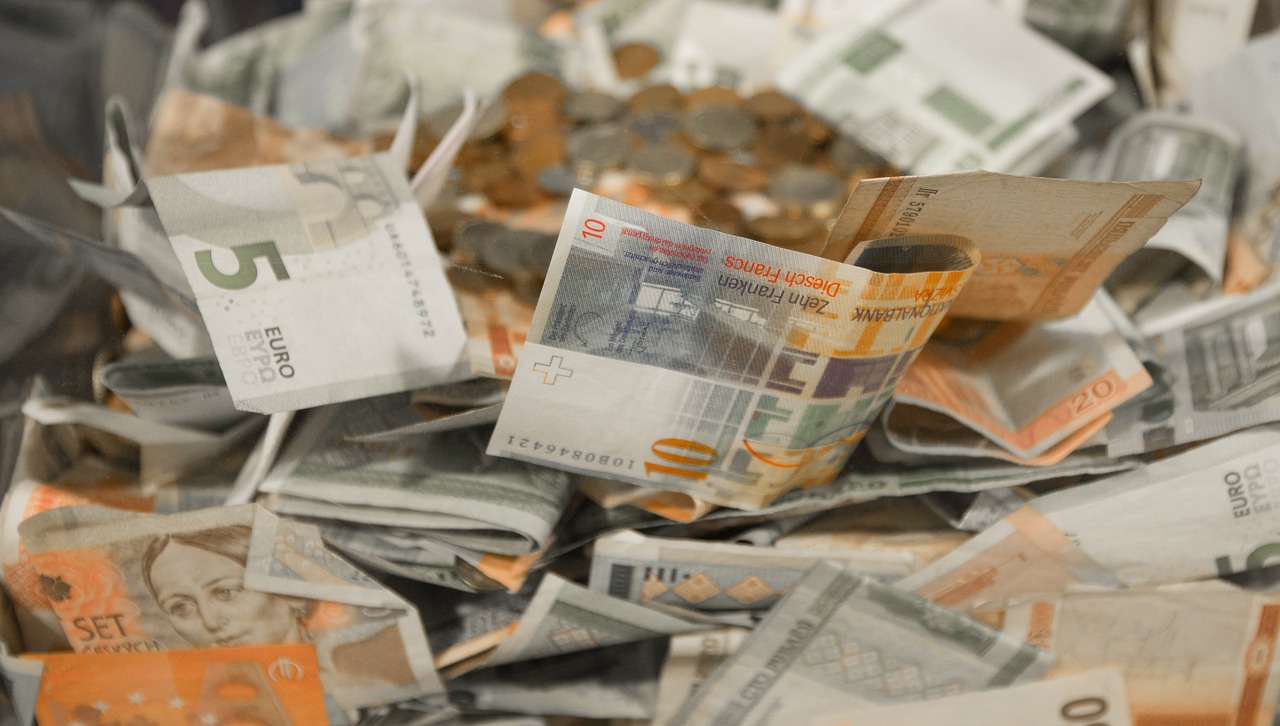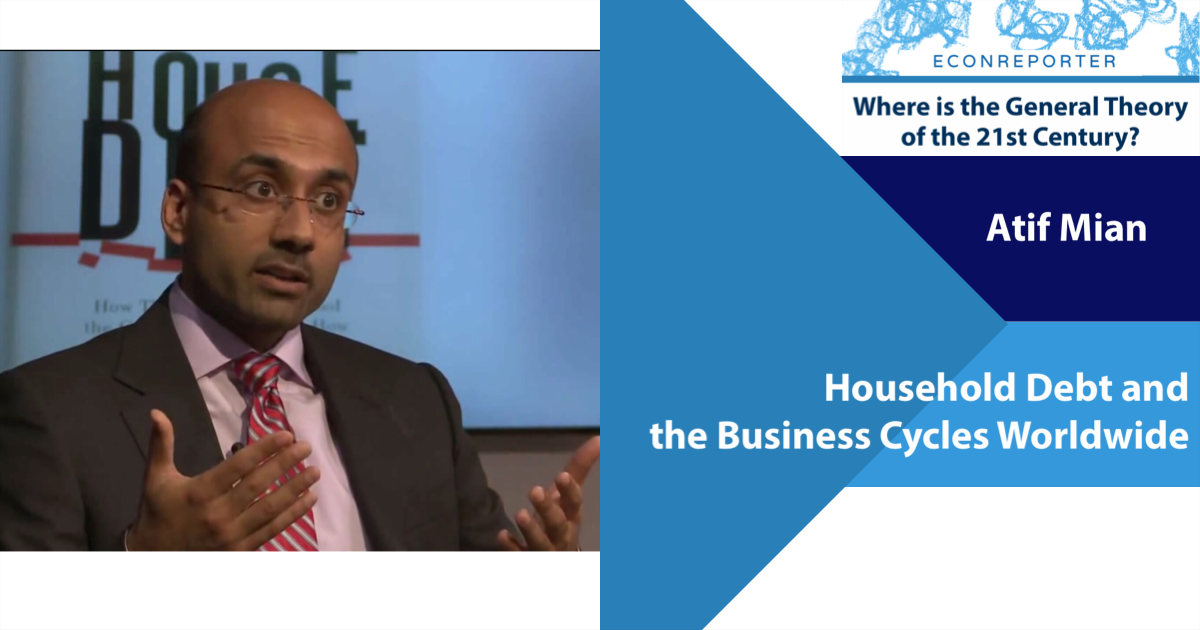Tag: Nobank Credit Cycle
The Non‐Bank Credit Cycle
In a new working paper "The Non‐Bank Credit Cycle", researchers Esti Kemp, René van Stralen, Alexandros Vardoulakis, and Peter Wierts tried to look into the cyclical properties of non‐bank credit and its relevance for financial stability.



